- Overview
- Symptoms
- Causes & Risks
- Tests & Diagnosis
- Treatment
- Living With
- Mobility & Assistive Devices
- Complications
- Support & Resources
- View Full Guide
Beyond Joint Pain: RA Tips for Managing Everything Else

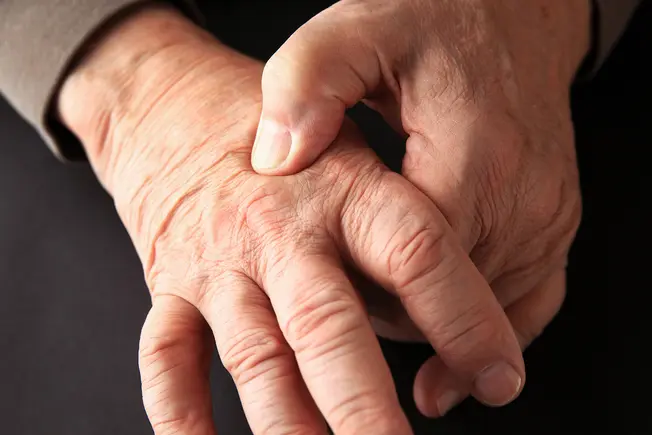
Beyond Joint Pain
If you live with rheumatoid arthritis (RA), you know that it’s about a lot more than managing joint pain and stiffness. Be prepared for other challenges RA might throw your way, like bruising, hair loss, and sleep troubles.

Hair Loss
With arthritis, both meds and stress can cause hair loss. If thin hair is affecting your well-being, talk to your doctor about the cause. If it’s the meds, discuss the risks and benefits of a treatment change. Your doctor might suggest a folic acid supplement to prevent further loss. When washing, be gentle, pat dry with a towel, avoid the hair dryer, and give styling tools and products a rest. An outlet for stress might help, too.
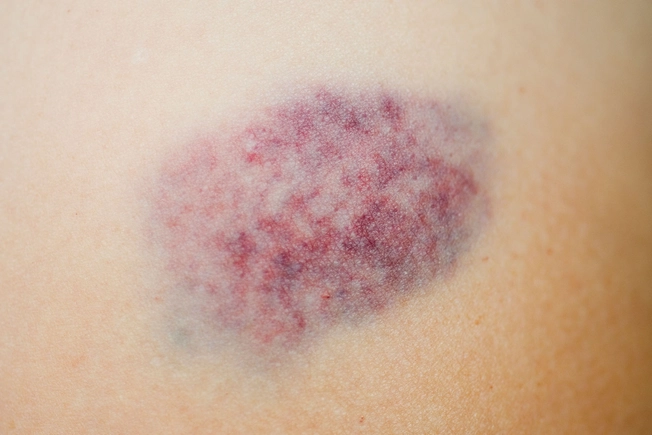
Thin Skin and Bruises
Arthritis, and some arthritis treatments, can lower your platelet count. This could lead to thin blood, leaky blood vessels, and easy bruising. Topical steroids for pain may also increase your risk of bruising because they make your skin thinner over time. A random bruise here and there is no big deal. But if you bleed or bruise easily and often, let your doctor know.

Infections
Some RA medicines slow your immune system. This can make you more prone to infection. Take steps to keep your risk low. Wash your hands often. Avoid sick people. Ask the doctor if your medications are at the lowest possible dose to control your disease. Stay up to date on all scheduled vaccines, including a yearly flu shot. Ask your doctor about supplements that might boost your immune system, such as turmeric, garlic, and cinnamon.

Poor Sleep
Pain can keep you up at night. Some medicines disrupt sleep, too. Poor sleep may also cause stress, which could trigger more pain. It’s a vicious cycle. First, get your pain under control. If your treatment isn’t enough, talk to your doctor. Next, if stress and anxiety are keeping you awake, get help. A daily walk, deep breathing exercises, and meditation should help lower stress levels. If stress and anxiety are more than you can manage, ask your doctor for help.

Numbness and Tingling
Up to 85% of people with RA have numbness, tingling, weakness, or other nerve problems. Joints damaged by RA can pinch nerves. The disease itself sometimes inflames nerves or damages blood vessels that feed them. Depending on your type of nerve problem, your doctor may recommend medication, a brace, exercise and physical therapy, an alternative treatment like acupuncture, or, in some cases, surgery.
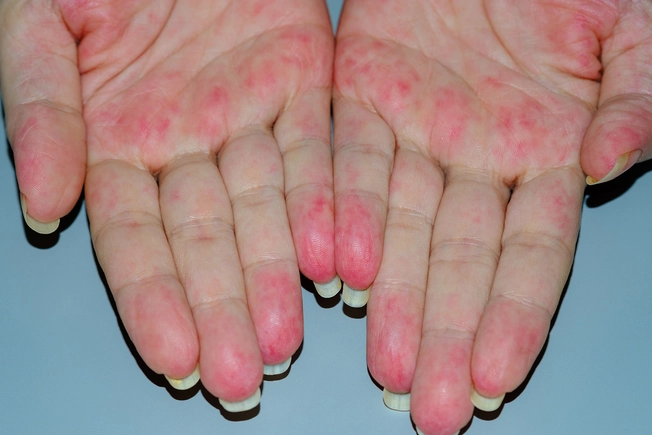
Rash
RA is an inflammatory disease that can even inflame the blood vessels in your skin. When this happens, you’ll see a rash of red dots. You have to get the inflammation under control to clear up the rash. Untreated, this rare complication can become serious and lead to inflammation of your nerves or heart. Let your doctor know if you have signs of this arthritis-related rash so you can treat the cause.
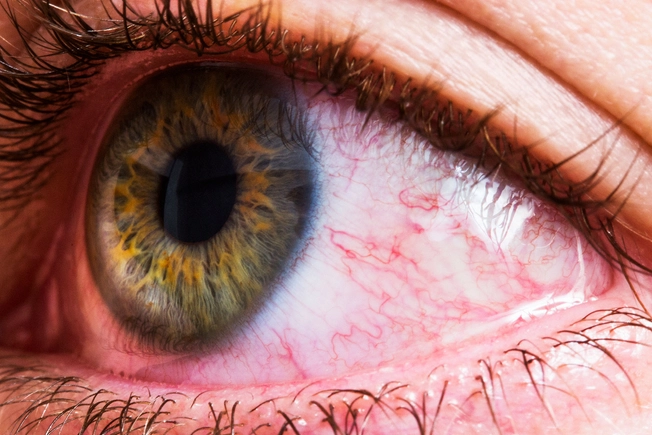
Eye Irritation
Arthritis inflammation can reach the eyes and cause redness, pain, light sensitivity, and vision problems. Chronic dry eye is common in people with RA. You’re also at a higher risk for other eye conditions such as scleritis, uveitis, and glaucoma. Each of these conditions requires treatment and is a sign that the inflammation in your body is not well-controlled. Talk to your doctor if you have eye irritation or vision changes.

Gum Disease
Research suggests that people with RA are more likely to get gum disease and lose teeth than people who don't have it. That makes it even more important to practice good oral hygiene in order to prevent it. You already know the healthy habits that stave off gum disease: Brush your teeth and tongue after meals; floss; swish with mouthwash. Be sure to see a dentist for regular exams and cleanings.
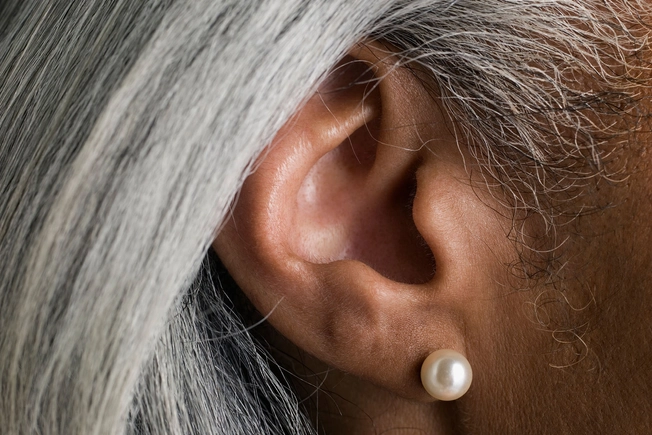
Hearing Loss
People with RA have higher rates of a specific kind of hearing loss. Sensorineural hearing loss comes from damage to hair cells in your ears. The most probable cause is arthritis medications, but it could be the disease inflammation itself. If you're having trouble hearing, don’t wait to tell your doctor. Some hearing loss is reversible and could just require a change in your medications.

Brain Fog
Some people with RA complain about memory loss, lack of focus, or just overall fogginess. While RA might make it harder to think clearly, many lifestyle factors impact brain health, too. You can stay sharp with healthy habits: Exercise daily. Eat healthy food and avoid junk food. Get plenty of sleep. Ask your doctor whether your medications – for RA or anything else – might be to blame.